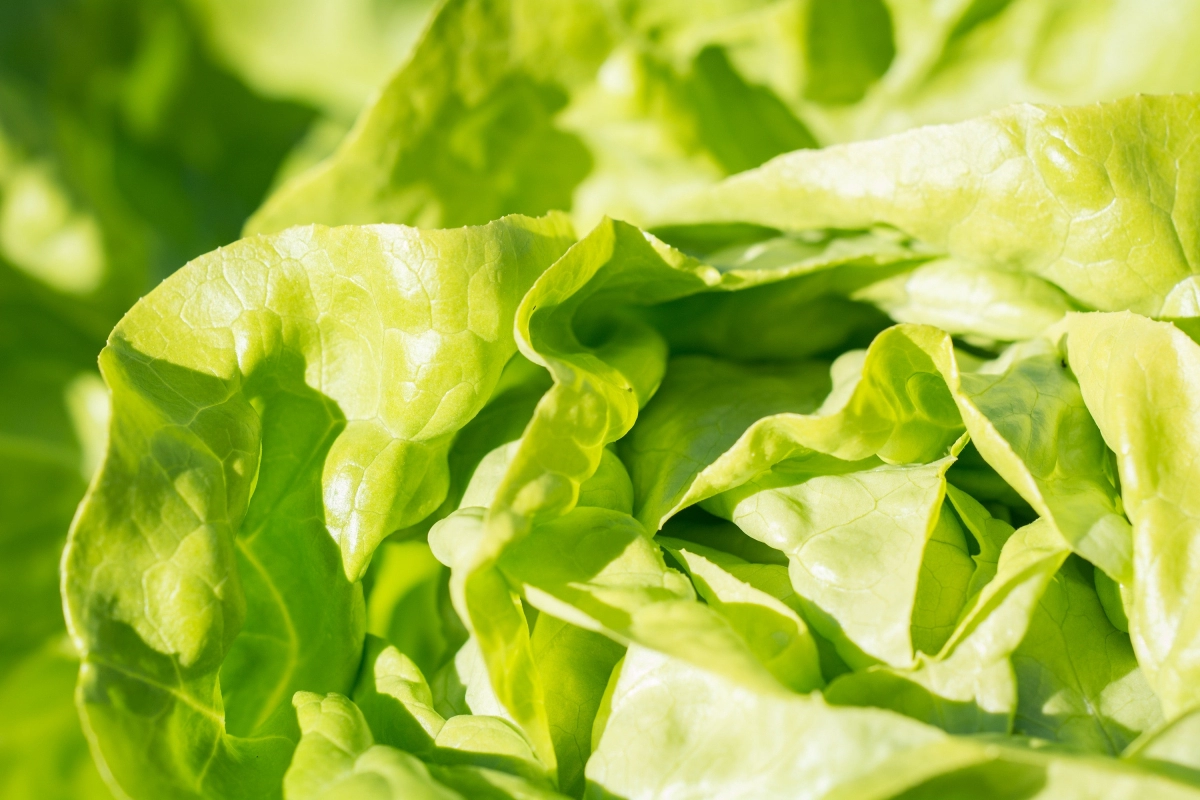
8 Unexpected Foods That Can Make You Sick

该博客提供与食品操作员认证和食品安全相关问题教育有关的文章。







Whether you're training to become a food handler, managing a busy restaurant team, or guiding others through their food handler certification, you need to know the basics of safe food storage.
One of the best ways to ensure that the food served by your establishment is consistently safe is by knowing how to store it properly. This is especially true for refrigerated food, which can be quickly contaminated by harmful germs when stored improperly or at improper temperatures. Not only can improper storage practices lead to customers developing foodborne illness, but it can also lead to a degradation in food quality, increased food waste, and lost revenue.

The beginning of April 2019 saw the arrival of new food safety regulations for frozen breaded chicken products in Canada. These regulations aim to reduce the amount of salmonella outbreaks in Canada, many of which stem from infected or improperly prepared frozen breaded chicken products, often resulting in mass product recalls. It’s estimated that each year there are around 87,500 cases of salmonella infections around Canada, with more than 550 being directly attributed to frozen breaded chicken products since May 2017.

